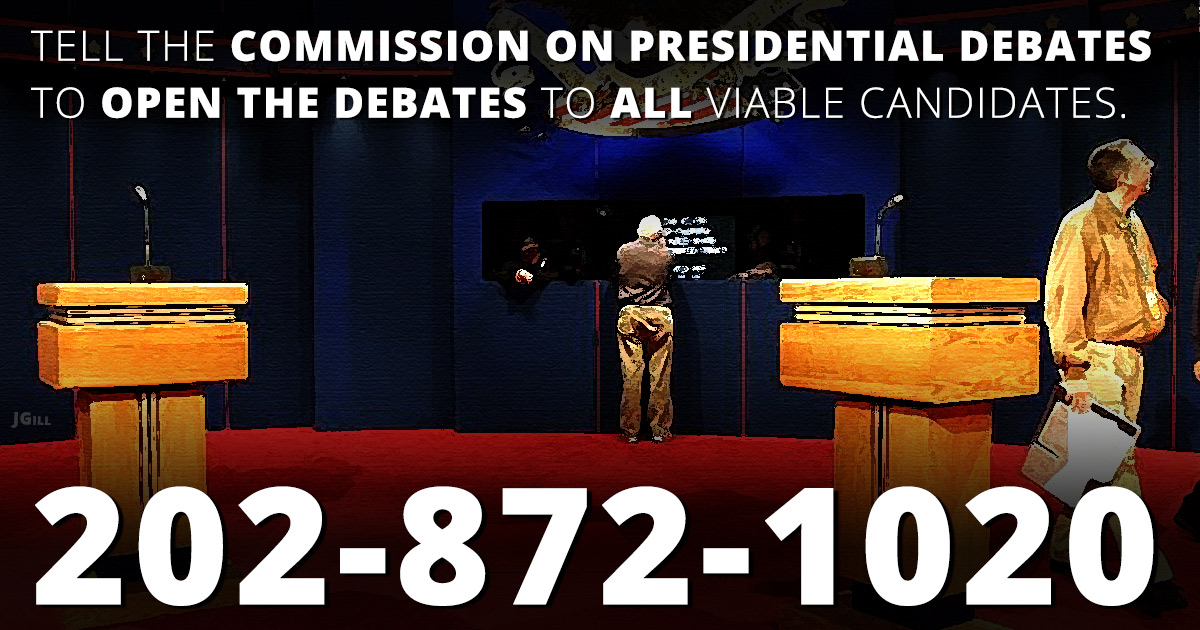If you sent Trump into a meeting with Xi Jinping, you’d worry that Trump might say something that maybe he shouldn’t. But you wouldn’t have to worry that China’s warlord would go “Wo-ho-ho! Would you sign this? And drink this?!?!”
With Biden, well, you would worry, no?
That’s my prime takeaway of Tuesday’s terrible debate, which is near-universally described as a “train wreck” or “dumpster fire.”
My “meta” take is that the debate format itself was doomed to derail or blow up in flames (depending on metaphor).
It started out with a reasonable “two minutes for you; two minutes for you” method, and then lurched into a free-for-all, with far too many interruptions and back-and-forth.
You can tell when a moderator lacks control: he talks all the time.
Chris Wallace talked too much.
Did you notice that both debaters attempted to answer questions before they had been fully formulated? Once, twice, thrice . . . at first you wonder, “Hey guys, can you calm down a bit?”
Of course,
- it is hard to calm down in those situations, and
- at a certain point you realize the problem lies with the person asking the questions.
Why, pray tell, is there a 62-part interrogative barrage?
To allow the questioner to sneak in something tangential but of a “gotcha” nature, of course — an element of some media-spun controversy.
Must we select the moderator by sortition?
More structure seems a good idea. And gain the ability to turn off microphones.
Or do the opposite: Put both men in a studio all alone* with live mics and let’s see if they could negotiate the 90 minutes like adults. They might learn something.
And so might we.
This is Common Sense. I’m Paul Jacob.
* Maybe a couple security guards, too, just in case.
—
See all recent commentary
(simplified and organized)


